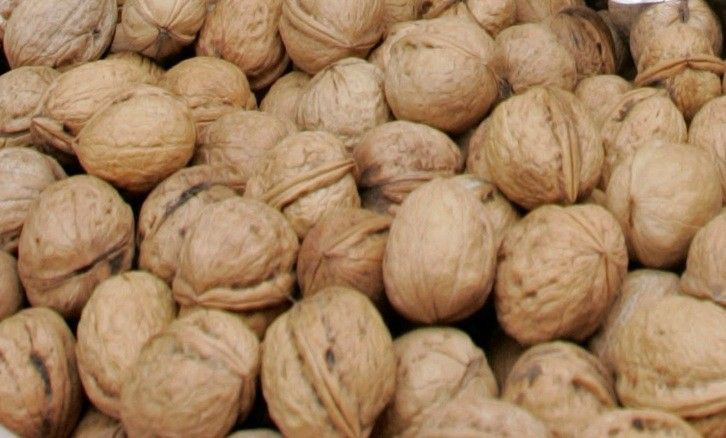Walnut Reduces Chances of Breast Cancer to 50 Percent: Study

Researchers at the Marshall University have found that daily consumption of walnuts reduces the chances of breast cancer in women.
A new study found that the risk of breast cancer was reduced to 50 percent in mice that were fed walnuts as part of their regular diet.
One in eight women in the United States is diagnosed with breast cancer in her lifetime, and more than 1.2 million cases of breast cancer are detected every year.
Lead researcher Elaine Hardman, of Marshall's Joan C. Edwards School of Medicine, and colleagues evaluated the mice throughout their entire lifespan, through the mother from conception and then through eating the walnuts themselves.
The researchers used genetic analysis technique and programmed the mice genetically to develop breast cancer at a high rate and discovered that mice that consumed walnuts developed breast cancer at less than 50 percent the rate of mice that ate a typical diet.
The walnut-consuming mice also had tumors that were significantly smaller in number and size.
Hardman said, “We were able to reduce the risk for cancer even in the presence of a preexisting genetic mutation.”
“Walnut-containing diet changed the activity of multiple genes that are relevant to breast cancer in both mice and humans,” he said.
Walnuts are rich in omega-3 fatty acids, however, they also found that increases in omega-3 fatty acids is not the sole reason for the reduction in risk, but the growth of the tumors declined with an increase in dietary vitamin E.
The study done by the researchers at the Marshalls University researchers is published in the journal Nutrition and Cancer.
© Copyright IBTimes 2024. All rights reserved.





















